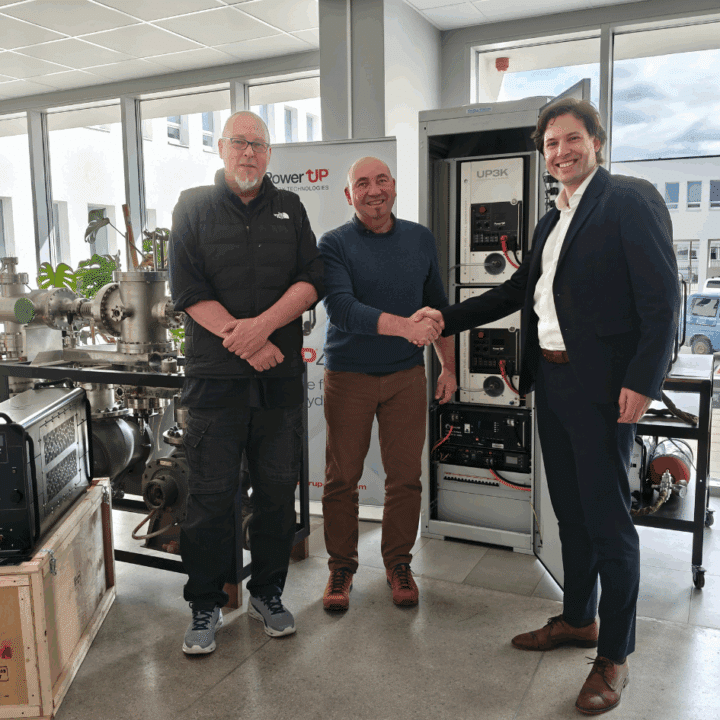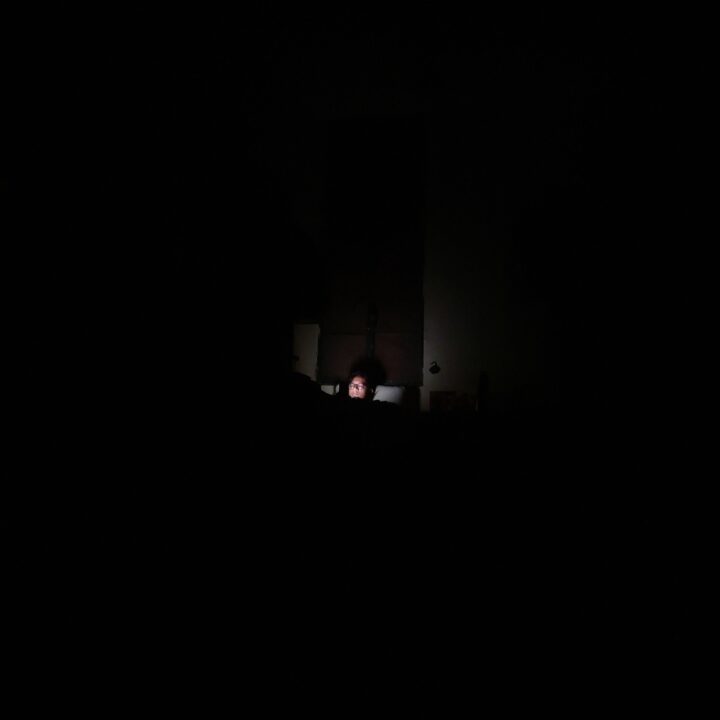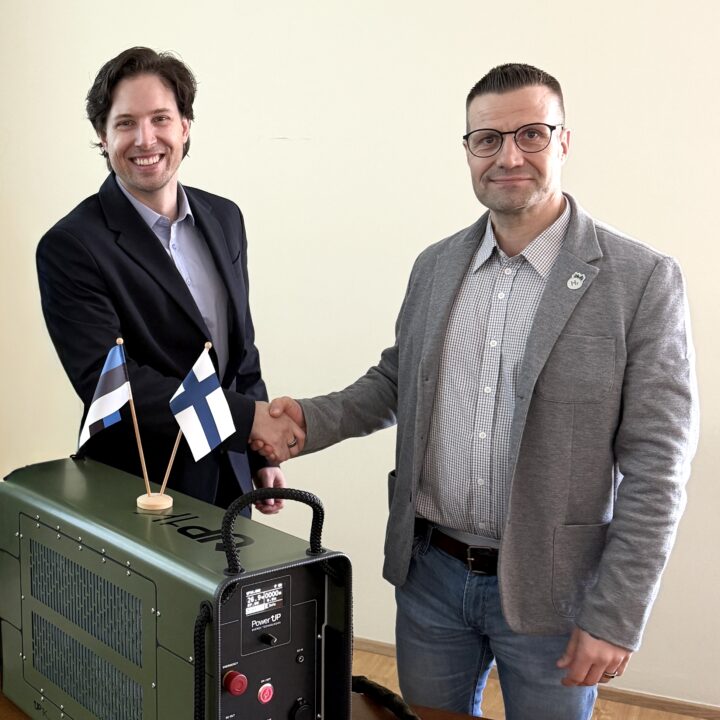
PowerUP was chosen as the best young SME of 2019 in Estonia
August 19, 2020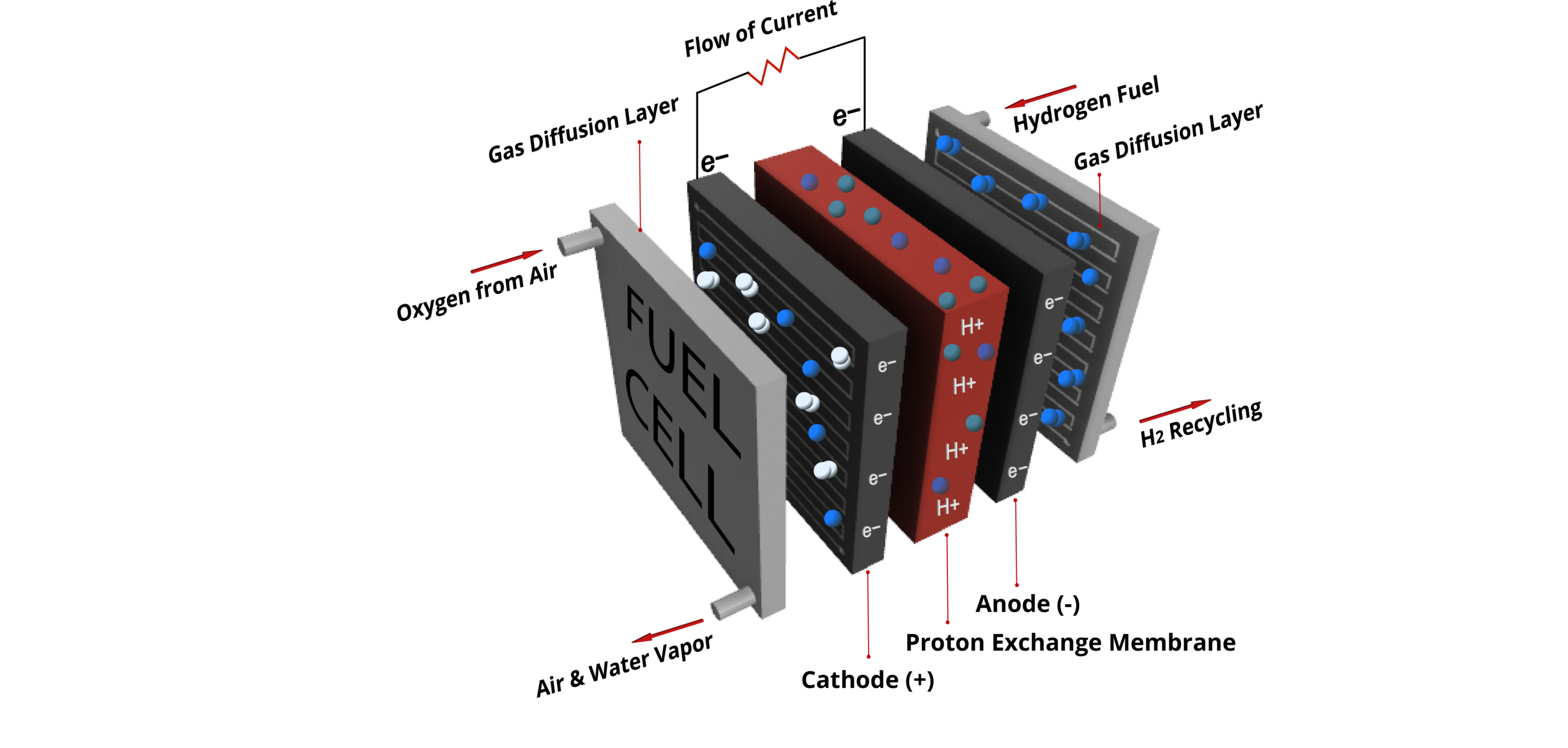
The ABC of Fuel Cells
October 26, 2020Running a science-based company takes a lot of persistence
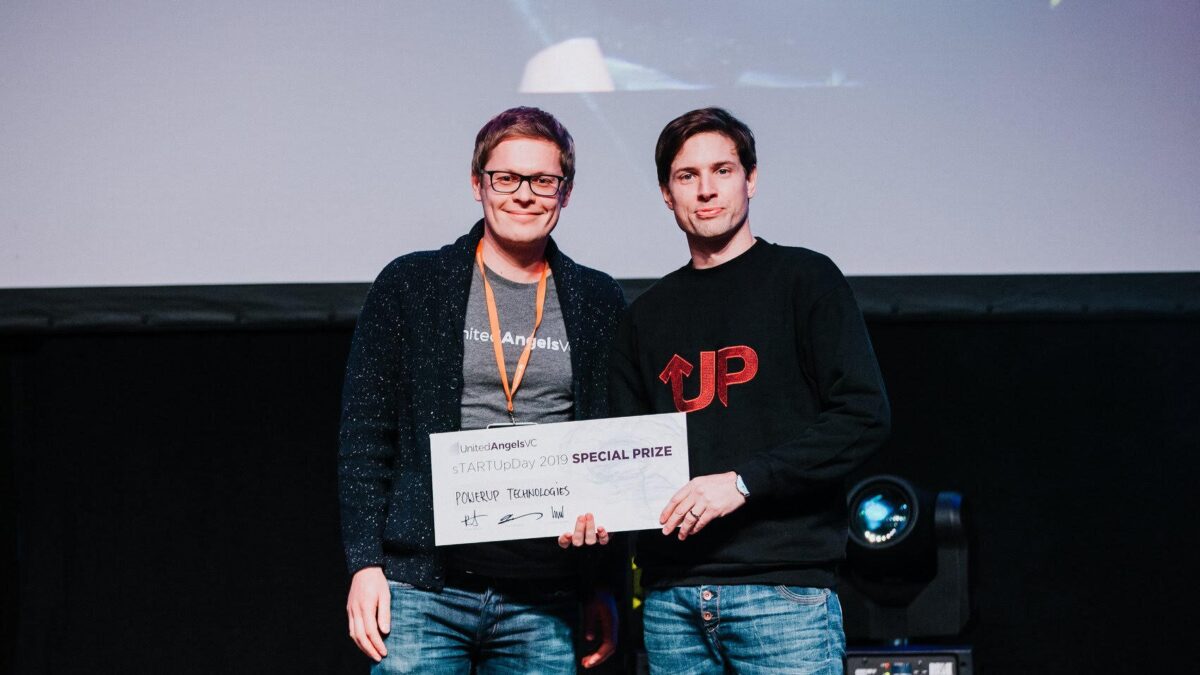
Ivar Kruusenberg gave an interview to sTARTUp Day. They talked in more detail about his journey from scientist to entrepreneur, the magic and pains of starting a research company, and clean technology and its applications.
You were a longtime student, then a scientist, and now an entrepreneur. How do you see yourself—as a scientist or an entrepreneur?
I’d say it’s 50:50. Of course, nowadays managing my company takes most of my day. There are so many things to do and there is so much to learn. At the same time, it is not possible to step down from the position of a scientist by running a science-based firm. In order to be relevant in this field and to bring new solutions, you have to be at the center of the process and keep up to date, which is why I remain a researcher.
What are the main characteristics or values that are essential for a scientist?
Mainly persistence and patience. Scientists must be extremely consistent in their activities and must possess a desire for knowledge. One could even say that this requires a certain type of person who is constantly looking for answers to questions and exploring them in depth.
However, when you want to be successful as a scientist, you have to state the fact that science is not done alone – for the most part, someone is a so-called manager and someone is at the lab. Each project has its project manager, who deals with the organizational side, in order to deal with a scientific topic or to get some advice. But one does not exclude the other. For example, many Nobel laureates are not good leaders but have managed to do their research alone or as a duo.
Nowadays it tends to be that a good scientist must also be a good leader. There is a strong link between business and science. Because science is very project-based, it means that you have to do project applications all the time and one person can’t do everything. As a rule, the teams are quite large to help with the project because it is quite difficult to do research and write at the same time. All parts are divided between several people. Especially in Estonia, where the prospect is 1 to 4 years, and after that the research money runs out, and it is not sure what will happen next. As a rule, projects last for one year, so there may be times when you have to pack up your things and go to manufacturing work.
How could a young science student at the University of Tartu start their own business?
First of all, you must have an idea, and if you know how to execute your plan, you have to put together a team, because a one-man research company is still a company, but it’s difficult to get far. If you have all three components, you just have to start and go along that path. It is not easy and I don’t recommend it to everyone.
Starting a science-based business isn’t undoubtedly the easiest task, as it is very difficult to find financing, it is very time-consuming and generally capital-intensive. It’s not programming where you have two people and you can get things done with a long week and a box of Red Bull. Bringing a research-intensive product to business is a very long process that takes years and years.
Read the full interview here.

